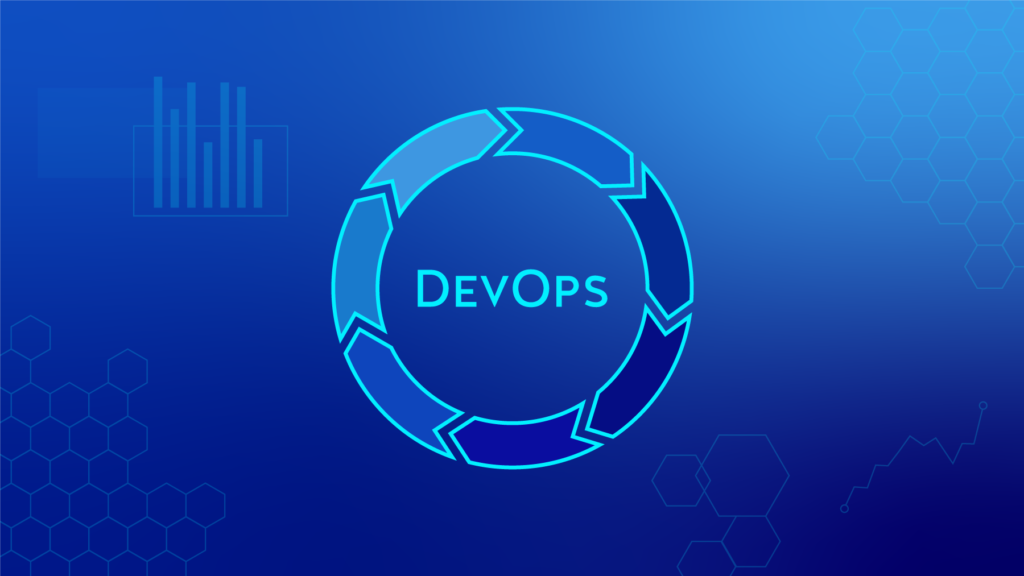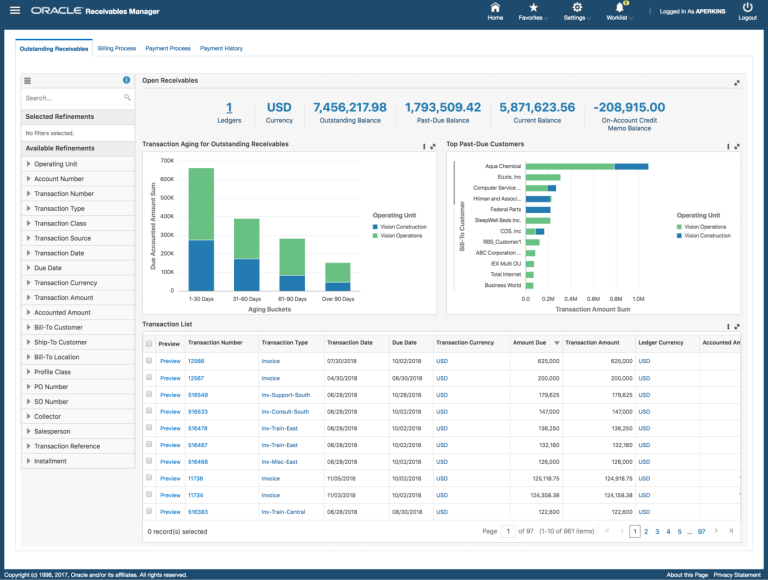Do DevOps need coding?

Yes!
Absolutely!
While DevOps isn’t a thing but rather a methodology to follow, Coding and scripting are two of the most essential talents for anyone looking to work in the DevOps space. You will not be able to automate chores or deal with code repositories if you do not possess these skills.
Now, To begin, let’s have a look at the difference between coding and scripting. The process of developing software or apps is referred to as coding. This can be accomplished using a variety of different programming languages, including Java, Python, and Ruby, amongst others. On the other hand, scripting is a method for automating a variety of processes. Scripts can be created in any language; however, Bash and Perl are the most common languages used for script writing.
Table of Contents
How to Learn Devops?
You will discover the inner scientist in you while taking the DevOps course that is provided by Simplilearn. Through this program, you will learn how to formally organize development processes, record those processes, and construct a system that documents itself. In addition, the DevOps Training course will cover sophisticated tools such as Puppet, SaltStack, and Ansible. These are some of the tools that provide self-governance and automated management at scale.
After becoming familiar with the fundamentals of coding, you can move on to studying more specialized languages relevant to DevOps. Ruby is something you’ll need to be familiar with if you want to understand how to utilize Puppet or Chef for configuration management, for instance. You’ll need to familiarize yourself with Python if you want to learn how to utilize Ansible for deployment and orchestration.
After gaining an understanding of the fundamentals of coding and scripting, you will be able to begin applying these skills to DevOps tasks that are performed in the real world. For instance, you may automate the provisioning of infrastructure by using Puppet or Chef, or you can automate the deployment of apps by using Ansible. Both of these tools are available.
Coding and scripting are vital abilities to have if you wish to automate any DevOps processes, regardless of the duties you want to automate. You’ll be able to improve your productivity and efficiency, as well as the ease with which you do your work if you have these skills.
Devops Engineer Responsibilities
A DevOps Engineer’s job is to manage the IT infrastructure in accordance with the specifications of the supported software code while working in an environment that supports several tenants simultaneously. There is a requirement to possess certain resources in order to provide and acquire the suitable deployment model, in addition to validating and monitoring the performance.
When it comes to DevOps, the code versions have to undergo rapid and incremental changes. This makes it feasible to conduct regular testing and deployment. Even while it’s likely that DevOps Engineers won’t always be able to write code from scratch themselves, they still need to be aware of how it’s done.
Together with the development staff, a DevOps Engineer will tackle the coding and scripting required to connect various elements of the code, such as libraries or software development kits (SDKs), and alongside integrate other components, like SQL data management or messaging tools, that are required to run the software release with operating systems and production infrastructure. This will be done in order to meet the requirements of the software release.
In multi-tenant or hybrid cloud environments, a DevOps Engineer needs to be capable of managing the information technology infrastructure in accordance with the supported software code. It is necessary to make provisions for the necessary resources, as well as to acquire the suitable deployment model, validate the release, and monitor performance.
DevOps Engineers may be former software developers who have transitioned into system administration roles or former system administrators who have switched to working in the programming sector. In either case, it is a cross-function DevOps work role, and in the manner in which software is built and deployed in mission-critical systems, there is a tremendous upside to having this job role.
Devops Engineer Salary and Benefits
The money that is paid to you on a monthly basis for your work on a DevOps team is referred to as your salary. Also, those who work in a DevOps team have this perk, which is just one of many that come with the job. Around $100,000 per year is the typical annual wage for a DevOps engineer working in the United States. Obviously, this differs from region to region in the United States and even more so internationally. And in situations where different people take on different responsibilities, some of the members of the team can receive a lower salary. It is impossible to make accurate projections of likely pay in today’s continuously shifting global economy. The more recent past, however, demonstrates to us that pay for IT professionals working in a DevOps setting are likely to be somewhat higher than those paid by firms that are structured more traditionally. Innovators command a price, and DevOps is going to require more of them.
Devops training course duration
Online education is provided by every significant provider of training today. Simply conduct a search on the internet, and you will find that there are many options available to you. Consider what you want to learn, when you want to learn it, and how you want to learn it. This is the first step in narrowing down your training options. And then there is the expense, of course.
Some online training is done at the participant’s own speed and consists primarily of reading slides and materials. Some of the films are pre-recorded and can be thought of as an audio version of a classroom training course. And some of it is done in a virtual classroom, where you can listen live and interact with the instructor in real-time to seek clarification, interrupt, and ask questions, among other things.
The DevOps certification course is an alternative for professional growth that will bring your skills up to industry standards. The course was established in partnership with Caltech CTME. During this post-graduate program in DevOps, participants will learn some of the most in-demand DevOps skills, such as continuous integration and continuous delivery (CI/CD), containerization, source control, and deployment automation, amongst others. This program is provided by Simplilearn in association with Caltech. The duration of the devops training course is nine months in total.






